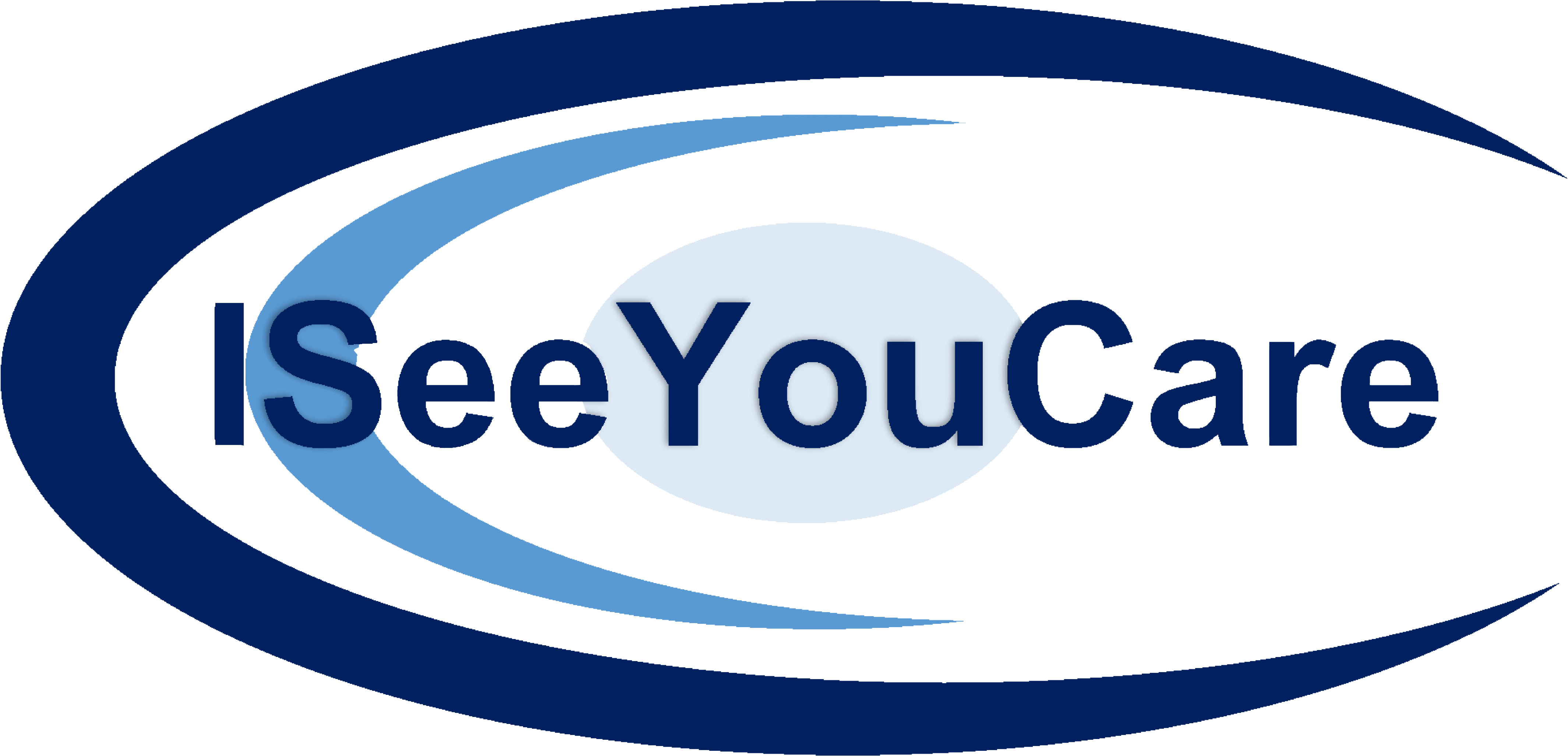There is no doubt that Healthcare is now a data-driven enterprise. However, one significant segment of the industry still struggles to keep up. Post-Acute Care suffers from lack of data and IT capabilities. In an industry rich in data analytics, many post-acute care organizations and practitioners still work in a paper-based system. They are analog creatures living in a digital world.
Survey Shows Post-Acute Care Suffers From Lack of Data
Recently, Black Book™ surveyed 2,068 providers of long-term and post-acute care (nursing homes, hospitals, short-term rehabilitation facilities, home health services, durable medical equipment/DME distributors, skilled nursing and sub-acute facilities, and hospices) to help stakeholders of the provider industry identify strategic responses to address the higher growth/demand for post-acute services in the challenging environment of lower fee-for-service reimbursements and impending valued-based payment models from all payers: government and commercial.
The survey found many shortcomings in technology adoptions, analytical capabilities, workflow and care coordination, and data integration. Specifically, the survey seeks to identify strategies for improving quality and reducing costs in this all-important space.
“All healthcare organizations must find better ways to manage the patient transition into post-acute processes and keep hospital readmissions in check, and that may fall completely on hospital systems at risk in 2018,” said Doug Brown, Managing Partner of Black Book Research.
Key Findings
Among the key findings are the following:
- EHR Adoption – Only 19% of inpatient post-acute providers have some form of EHR platform. Most of those who do are part of larger organizations.
- Care Coordination – Hospitals are beginning to share more information with post-acute providers. However, it is limited and driven by the self-serving need of preventing re-admissions to obtain quality measures. “Long-term care facilities are still excluded from operating in a deeply connected care continuum due to limited resources and communication channels,” said Brown.
- Interoperability – The vast majority (86%) are not exchanging data electronically with hospitals. Those that do are likely part of a healthcare delivery network (IDN).
- Analytics – True value-based care comes from analyzing data and adapting workflows and procedures in order to drive quality outcomes. Only 3% of inpatient long-term care providers reported having the necessary capabilities in order to drive lower cost, better quality care.
ISeeYouCare’s platform for post-acute providers
One of ISeeYouCare’s founding principles is that data belongs to the patient. Furthermore, it should be accessible whenever, wherever, throughout the care continuum. One of our founding mantras is this:
“If medicine is a science – then the science is the data, absent such, we are forever more doomed to simply “practice medicine.” – Robert Higgs, Founder & CEO
Our Personal Health Record platform allows post-acute providers to have access to their patient’s lifetime virtual health record. Our platform addresses the concerns expressed by Mr. Brown in regards to the patient transition. We do this through our patented data integration engine. Our tool injests clinical data from any EHR and imports it into our care collaboration tool.
To find out more about our unique solution, contact us today!

